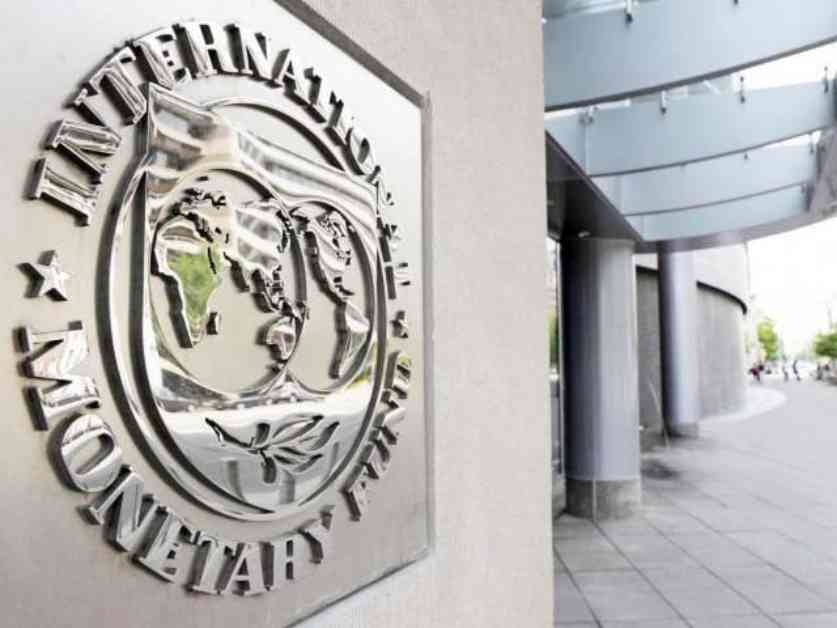Pakistan and IMF Enter Talks for $1 Billion Tranche
Pakistan has recently engaged in discussions with the International Monetary Fund (IMF) to negotiate the terms for the next $1 billion tranche of a $7 billion loan program. The two parties have embarked on policy-level talks, set to conclude by March 14, to assess Pakistan’s progress in implementing economic reforms mandated by the IMF.
New Taxation Proposals and Environmental Focus
One of the key focal points of these discussions revolves around the introduction of new taxation proposals, including carbon levies, as part of Pakistan’s commitment to fiscal responsibility and environmental sustainability. The proposed measures entail a surcharge on electricity bills, a carbon tax on petrol and diesel vehicles, and possible levies on coal-powered plants to align with climate and fiscal obligations.
Additionally, the ongoing talks between Pakistan and the IMF are expected to delve into energy sector reforms, revenue enhancement strategies, and debt reduction initiatives. The IMF is likely to advocate for broadening Pakistan’s tax base and accelerating the privatization of state-owned enterprises to bolster economic stability.
Expert Insights and Policy Expectations
Financial experts anticipate that the technical negotiations between Pakistan and the IMF will culminate in a formal statement outlining key policy expectations for Pakistan’s economic trajectory. Sources suggest that Pakistan may need to implement additional fiscal measures to comply with the IMF’s stringent conditions and secure the next tranche of the loan program.
The talks come at a crucial juncture as Pakistan gears up for the upcoming fiscal year’s budget and endeavors to address the longstanding issue of circular debt in the power sector. The IMF has emphasized the importance of Pakistan demonstrating unwavering commitment to economic reforms before disbursing further financial assistance.
Recent Developments and Ministerial Meetings
In a recent development, the IMF mission, led by Nathan Porter, convened with Finance Minister Muhammad Aurangzeb in Islamabad to discuss the prevailing economic landscape in Pakistan and chart a course for sustainable growth. The federal government also put forth a proposal to revise electricity tariffs for solar panel owners utilizing net metering, aiming to incentivize renewable energy adoption and reduce electricity costs for consumers.
As the negotiations progress, both Pakistan and the IMF are navigating complex economic terrain to strike a balance between fiscal prudence, revenue generation, and environmental stewardship. The outcome of these deliberations will shape Pakistan’s economic policies and financial stability in the months ahead, reflecting a shared commitment to sustainable development and inclusive growth.
In conclusion, the talks between Pakistan and the IMF mark a critical juncture in the country’s economic trajectory, highlighting the imperative of structural reforms, revenue diversification, and climate-conscious policies in fostering long-term prosperity and resilience.









